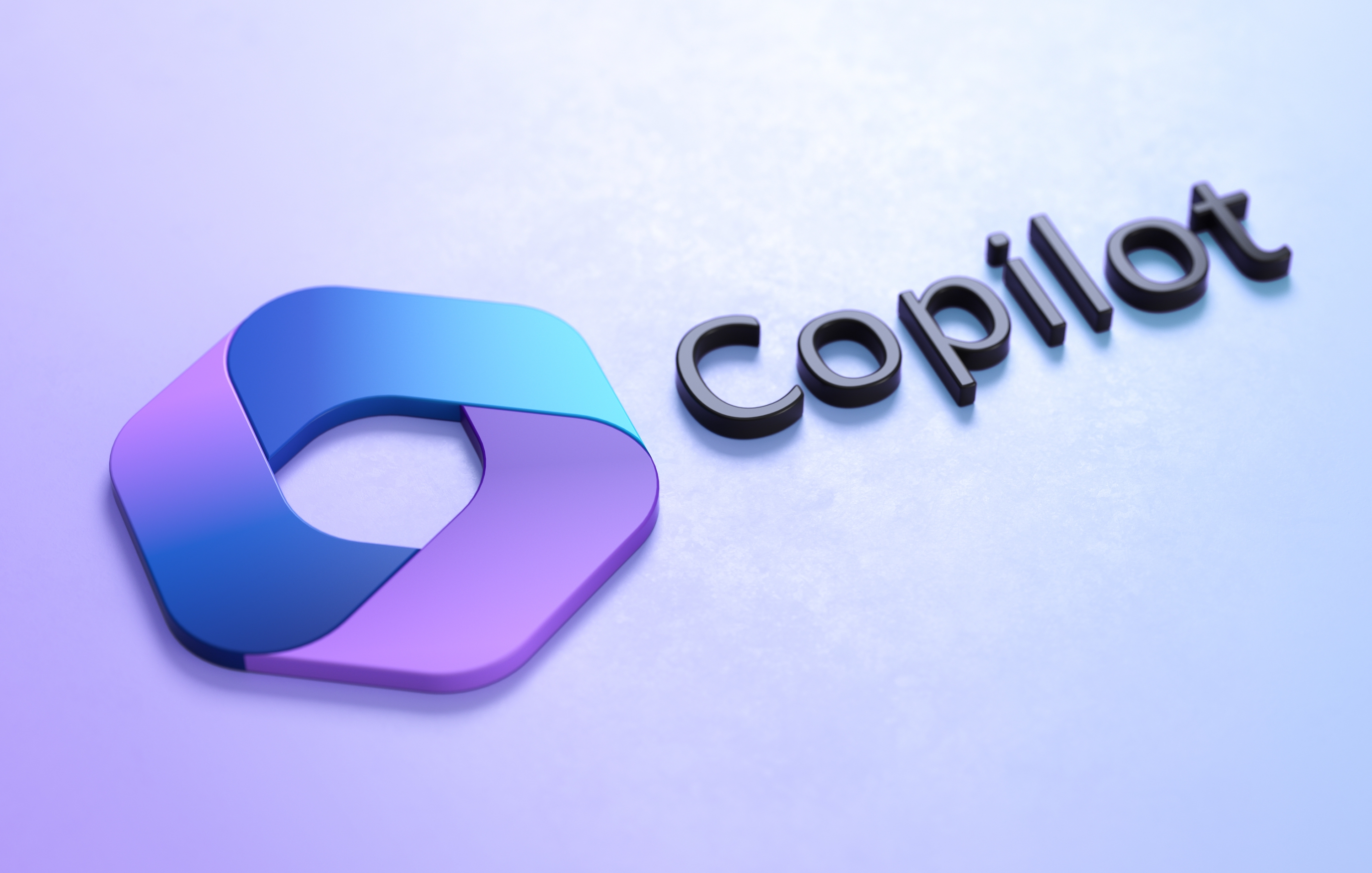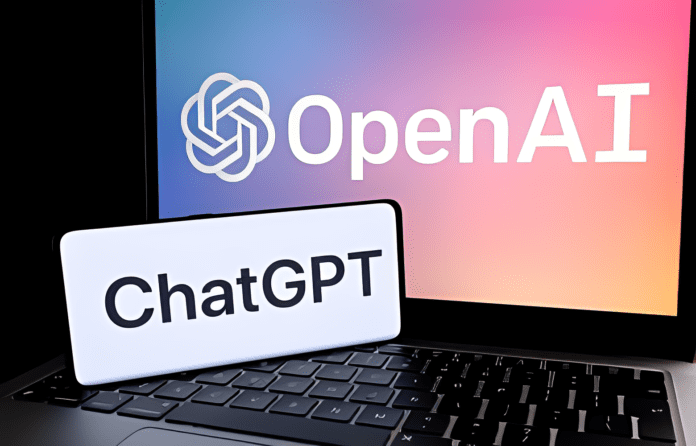ChatGPT, a research project published a little over a year ago, has become surprisingly popular, which caught OpenAI CEO Sam Altman off guard. A turning point for generative AI came with the decision to go public in November 2022; this set in motion a flood of investments and led to the launch of a plethora of new goods and services in 2023.
According to a survey conducted in July, generative AI algorithms are being investigated by 95% of utility and energy businesses. This indicates that generative AI is making inroads into several industries. The impact on Nvidia’s bottom line was enormous; the company’s net income surged to $17.5 billion in Q1 2023, up sixfold from Q1 2022. Outperforming every other firm in the S&P 500, the stock price of the company skyrocketed by 237%.

Generative AI has been a hot topic during earnings calls, with both good and bad implications for corporations. The digital education startup Chegg saw a 48% drop in stock price following the announcement of a substantial increase in student interest in ChatGPT.
Disagreements about whether to prioritize safety or the development of new commercial products led to Altman’s temporary ouster in November, one of the unforeseen hurdles encountered by OpenAI. Nevertheless, he was rehired when big investors rallied behind him and employees threatened to quit.
The success of ChatGPT paved the way for large investments in chatbots. With over 92% of Fortune 500 organizations using it and 100 million active users every week, ChatGPT quickly became the fastest-growing consumer app ever.

The biggest artificial intelligence investment of the year was made by Microsoft, which put an extra $10 billion into OpenAI. Capital-raising discussions are already underway for OpenAI, which might result in a valuation higher than $100 billion.
Google hurriedly released its Bard chatbot after being taken aback by the popularity of ChatGPT. Anthropic is an artificial intelligence firm that has Claude 2, a new product that can summarise up to 75,000 words, and Google is engaged with it.
From creating study aids and answering queries about company strategy to providing creative writing inspiration, generative AI chatbots have found many uses. Ethicists and intellectuals, meanwhile, have voiced concerns about the possibility of prejudice and information fabrication.

Schools, online travel, digital advertising, and the medical profession are just a few of the areas where generative AI has developed despite opposition. Investments in corporate AI offerings were boosted by Microsoft and IBM.
In 2022, generative AI for visual content first appeared, with Instagram, owned by Meta, launching an AI capability to alter the backdrop of Stories postings. Although developments in language have been more rapid than in the creation of multimedia material, influential people in the field are looking forward to a “multimodal” future where several mediums are integrated.
The emphasis is moving from chatbots to AI agents that can complete tasks and increase productivity. Recently, OpenAI unveiled bespoke GPTs for one-of-a-kind applications. AI-generated code accounted for 46% of all code on Microsoft’s GitHub platform.

The ever-changing environment of generative AI is causing waves in the industry and pitting proponents and detractors of the technology against one another over the benefits and drawbacks.
Recent updates to GitHub’s Copilot tool make it easier for engineers to understand and fix complex issues with internal source code. Speaking with CNBC, GitHub COO Kyle Daigle revealed that the original goal of Copilot was to assist developers with documentation. Nevertheless, the platform has improved its capabilities in the past year to enable more collaboration and problem-solving beyond just code authoring.
Burke of PitchBook claims that coding helpers such as Copilot are still in their early stages and merely add a small percentage to a developer’s overall effort. This restriction is indicative of the present limits of AI’s operating capability and has repercussions throughout the wider environment. The difficulties encountered by AI agents this year are echoed by Burke’s observation that, despite AI’s vast knowledge, its capacity to carry out complicated jobs is still subpar.

When I think back on 2023, I see a year where people were really into generative AI and would buy certain popular products. Having said that, there have been very few notable examples of tremendous success in the corporate world.
From the perspective of the consumer, Lux Capital partner Grace Isford observed a dramatic shift as AI entered a more tangible and approachable sphere. Hackers and builders took notice, and as a result, usage surged, resulting in the incorporation of fascinating innovations into a wide range of items.
According to Chase of CapitalG, consumer interest in the space is on the rise because people are curious about AI and want to see what it can do. This has sparked their imaginations and allowed them to do some preliminary research into the technology.
Following the initial enthusiasm and anticipation, the route from early adoption to universal use hasn’t been linear. Developers and businesses are reevaluating R&D efforts to set up the framework and resources for possible widespread adoption, which might happen in the coming year.
Nvidia seemed to be the clear winner in the generative AI frenzy that occurred in 2023. Businesses will have a tough time in the future proving that their deep expenditures in GPUs and related technologies were worthwhile. The end goal is to create goods that encourage more people to take part, so that more businesses may share in the benefit.
Burke highlighted the disparity between last year’s enthusiasm and the sluggish turning of trials into dependable applications. That broad use of generative AI products might not happen until next year or later is the implication of my prediction.




